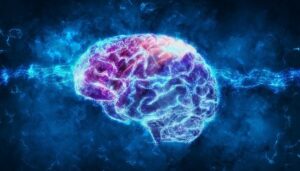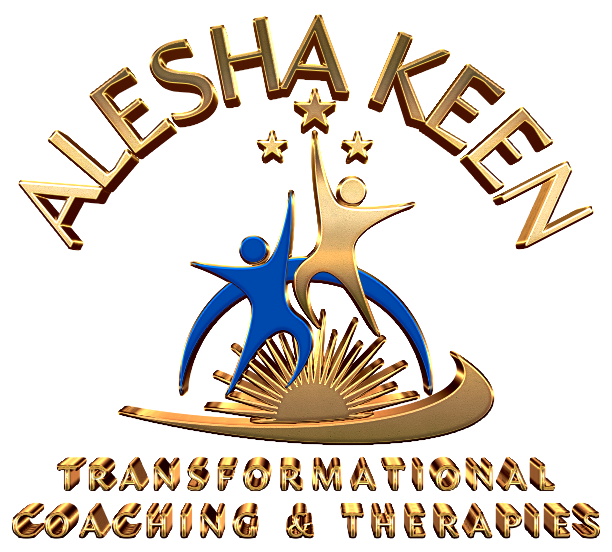
Its Effects on the Mind, Body, and Spirit
Hello and welcome! Today, we’ll be diving into a topic that affects many people: trauma. Trauma can have profound and lasting impacts on the mind, body, and spirit. Understanding these effects is the first step towards healing, and I’ll also be sharing how Brain Working Recursive Therapy (BWRT) offers a quick and effective method for treating trauma.

The Science of Trauma
Trauma is an emotional response to a distressing event that overwhelms an individual’s ability to cope. It can result from various experiences such as accidents, natural disasters, violence, or emotional abuse. The effects of trauma are complex and far-reaching, impacting not just our psychological state but also our physical health and spiritual well-being.
The Brain and Trauma
When we experience trauma, several key areas of the brain are affected:
- The Amygdala: This almond-shaped set of neurons plays a crucial role in processing emotions, particularly fear and pleasure. During a traumatic event, the amygdala becomes hyperactive, heightening our stress responses and keeping us in a state of alertness long after the event has passed.
- The Hippocampus: Responsible for forming new memories and connecting them to emotions and senses, the hippocampus can be significantly affected by trauma. High levels of stress hormones like cortisol can damage the hippocampus, leading to difficulties in forming new memories and retrieving old ones.
- The Prefrontal Cortex: This part of the brain is involved in planning, decision-making, and regulating social behaviour. Trauma can impair the functioning of the prefrontal cortex, making it harder for individuals to think clearly, make decisions, and control impulses.
- The Reptilian Complex: Often referred to as the ‘reptilian brain’, this part of the brain governs our basic survival instincts and automatic responses. Trauma can cause the reptilian complex to dominate our responses, leading to a heightened state of fight, flight, or freeze.

The Limbic System
The limbic system, which includes the amygdala and hippocampus, is the emotional centre of the brain. It plays a pivotal role in how we process and react to traumatic experiences. When trauma occurs, the limbic system can become dysregulated, causing emotional disturbances such as anxiety, depression, and PTSD.
The Effects of Trauma on the Body
Trauma doesn’t just affect the brain; it has significant physiological effects on the body as well. Chronic stress from trauma can lead to:
- Increased Heart Rate and Blood Pressure: Persistent activation of the stress response can strain the cardiovascular system.
- Muscle Tension and Pain: Trauma can lead to chronic muscle tension and associated pain conditions.
- Digestive Issues: Stress hormones affect digestion, often leading to issues such as irritable bowel syndrome (IBS).
- Immune System Suppression: Chronic stress can weaken the immune system, making individuals more susceptible to illnesses.

The Impact on the Spirit
Trauma can profoundly impact an individual’s spirit, leading to feelings of hopelessness, disconnection, and a loss of meaning or purpose. It can erode self-esteem and make it difficult to trust others, further isolating the individual and impeding their ability to heal and grow.
The Benefits of Using BWRT to Treat Trauma
Brain Working Recursive Therapy (BWRT) is a revolutionary approach to treating trauma that leverages our understanding of how the brain works. Here’s why BWRT is so effective:
- No Need to Rehash the Traumatic Event: One of the most significant benefits of BWRT is that you don’t have to repeatedly talk about the traumatic event. This makes the therapy less distressing and more accessible for those who find it painful to discuss their experiences.
- Quick and Effective: BWRT can produce rapid results, often in just a few sessions. This is because it targets the brain’s neural pathways directly, facilitating quicker rewiring and healing.
- Science-Based Approach: BWRT is grounded in neuroscience, utilising knowledge about the brain’s plasticity and the way neural pathways are formed and altered. It works by creating new, healthier pathways in the brain, helping to neutralise the traumatic responses.
- Focus on the Reptilian Complex: BWRT addresses the reptilian complex, which governs our subconscious and automatic responses. By reprogramming this part of the brain, BWRT helps reduce the fight, flight, or freeze responses that are often triggered by trauma.
- Engaging the Amygdala and Limbic System: BWRT works on calming the amygdala and regulating the limbic system. This helps in reducing the heightened emotional responses associated with trauma and restoring emotional balance.
- Empowering the Prefrontal Cortex: By enhancing the functioning of the prefrontal cortex, BWRT helps individuals regain control over their thoughts and behaviours, enabling better decision-making and emotional regulation.

How BWRT Works
BWRT involves a series of steps designed to help the brain rewire its responses to traumatic memories:
- Initial Consultation: The therapist will gather information about your experiences and current challenges. This helps tailor the therapy to your specific needs.
- Creating a Safe Mental Space: You’ll be guided to create a mental ‘safe space’ where you can explore your feelings without distress.
- Visualisation Techniques: Using visualisation, you’ll imagine a positive future memory where you have successfully overcome the trauma. This future memory is used to overwrite the traumatic past.
- Recursive Looping: This technique involves repeatedly reinforcing the positive memory and responses until they become ingrained in your psyche.
- Neural Rewiring: Through these visualisation exercises, BWRT helps to create new neural pathways, reducing the impact of the traumatic memories and fostering healthier responses.
The Road to Recovery
Healing from trauma is a journey, and BWRT offers a powerful tool to support you on this path. By addressing the root causes of your distress and reprogramming your brain’s responses, BWRT can help you reclaim your life, fostering resilience, peace, and a renewed sense of purpose.
If you’re ready to take the first step towards healing, consider exploring BWRT as a therapeutic option. Feel free to reach out if you have any questions or would like to schedule a consultation. Together, we can work towards overcoming trauma and achieving lasting well-being.
Feel free to reach out if you have any questions or need further information. I look forward to helping you on your journey to healing and well-being.
Warm regards, AleshaTop of FormBottom of Form






